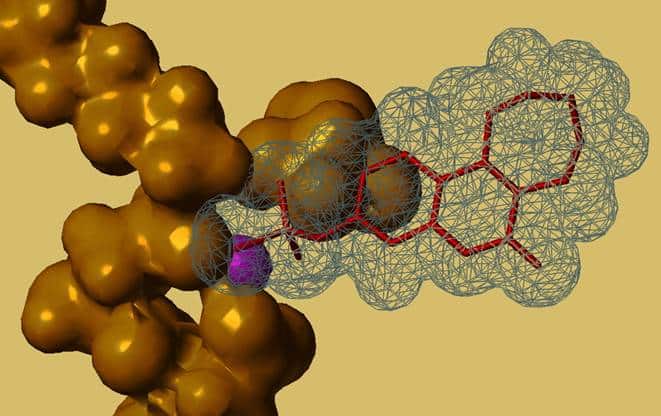The Knesset's Science Committee met with the members of the British-Israeli Life Sciences Council who came to the Biomed 2012 conference

In the discussion held today (Sunday, 21.5) as part of the meeting of the members of the Science and Technology Committee with the members of the British-Israeli Council for Life Sciences, the chairperson of the committee, MK Ronit Tirosh, presented the activities of the committee in recent times. Among other things, topics that the committee dealt with such as the intrusion of the Saudi hackers, the promotion of girls to science studies, violence on social networks, and more came up.
The Minister of Science and Technology, MK Daniel Hershkovitz, welcomed the meeting and thanked the British Ambassador in Israel for his involvement in the scientific cooperation between the countries. "I hope that the scientific cooperation will continue to build and prosper, as it has been until now," said Minister Hershkovitz.
Matthew Steven Gold, the British ambassador to Israel, said: "We noticed the huge potential hidden in scientific cooperation between the countries, and therefore we established a fund that will finance joint research for the 2 countries. We also established an initiative in which 270 scientists from the two countries cooperate with each other."
Prof. Ehud Gazit, the chief scientist at the Ministry of Science and Technology, also welcomed the cooperation, saying: "Science and technology transcend political boundaries. This is the way to bridge nations, and this is what unites us all."
During the discussion, MK Tirosh asked for the advice of the British council members, on the subject of the experiments on the BAH. "We are trying to find the balance between the success of life and contribution to science, and the suffering of animals," MK Tirosh said. The member of the council, Prof. Robert Winston, said that "it is not possible to do a serious experiment with drugs, without the use of BHA. However, we have a lot of supervision over the use of animals." Prof. Naran Patel, another council member, added: "We have regulations that oblige every scientist to explain the necessity of using animals for the purposes of his experiment."
The Israeli members of the Council gave a picture of the current situation in Israel. Prof. Gal Richter-Levin, council member and dean of the Faculty of Natural Sciences at the University of Haifa, said: "There are regulations in Israel, and they are quite similar to Britain. We too must explain the necessity of using animals, and detail how the experiment will contribute to saving human lives. The problem is that it is difficult to assess whether the experiment will save lives. It usually takes time, even years, until they understand the importance of the experiment, and its contribution to life-saving research."
Prof. Hermona Sorek, member of the council and dean of the Faculty of Natural Sciences at the Hebrew University, added that "our procedures regarding the living conditions of the animals are very strict, and I know that this is not the case in all countries. In order to get permission to experiment with animals, we must explain why it is essential to cause suffering to the animals, and we dare not act without permission."
